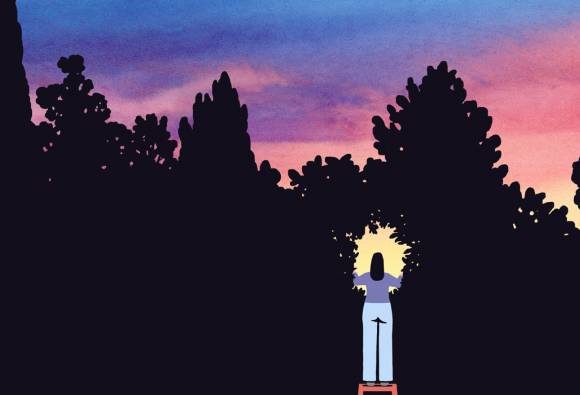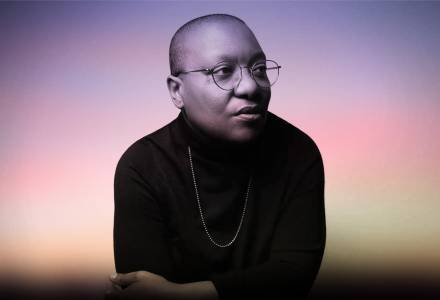
Opening of the Fabula Literary Festival: Oksana Zabuzhko – Fieldwork in Ukrainian Sex
Fieldwork in Ukrainian Sex (1996) gained cult status even before being published. Its provocative title unleashed a storm of controversy after the writer brought home some bound copies for friends from a trip to the US. The book has largely been heralded as an autobiographical novel by critics, though Zabuzhko maintains it is anything but autobiography. The protagonist, a clever, highly talented and nameless poet, does echo Zabuzhko herself, but that’s where the similarities end. The narrator tells the story of her recently ended relationship with a Ukrainian artist. The history of the affair is mapped out against the history of Ukraine, reflecting on the painful Ukrainian history, the period of transition, female emancipation, the pursuit of writing, language, the issues of identity. The stream of consciousness evokes mordant scenes, narrated with self-ironic vividness and cinematic precision, from a well-considered perspective, while the poetic and lyrical passages on love and passion are imbued with violence and the narrator’s sense of inner dividedness.
The novel has been translated into Slovenian by Andreja Kalc.
Oksana Zabuzhko (1960), one the greatest Ukrainian authors today, is a distinguished philosopher, essayist, writer and poet. She has authored over twenty works. An extremely engaged intellectual, she has attained renown as a literary critic and as the author of the iconic novel, Fieldwork in Ukrainian Sex. Her works address the issues of Ukrainian national identity and self-representation, post-colonialism and feminism. She is a graduate of the Department of Philosophy of Kyiv Shevchenko University. After having completed her post-graduate studies there, she obtained her PhD in Philosophy of Arts. She writes for journals and magazines on various literary issues, and has worked as a columnist for one of the country’s major weeklies. She is Vice-President of the Ukrainian PEN-centre, and Distinguished Creative Writing Professor at Kiev Shevchenko University. She was a Fulbright Fellow in the United States in 1994 (at Harvard University and the University of Pittsburgh), and taught Ukrainian culture and literature as a Writer-in-Residence at Penn State University in 1992. The Museum of Abandoned Secrets (2010) won the Angelus Central European Literary Prize (2013) for the best novel of Eastern and Central Europe. Her works have been translated into more than twenty languages.
The talk will be held in Ukrainian, with simultaneous translation into Slovenian.
Opening of the Fabula Literary Festival: Oksana Zabuzhko – Fieldwork in Ukrainian Sex
Free tickets


Bodite med prvimi ...
.... ki boste izvedeli, katere koncerte, predavanja, gledališka in plesna gostovanja in drugo pripravljamo v Cankarjevem domu,
 Fabula Literary Festival
" width="580" height="395">
Fabula Literary Festival
" width="580" height="395">

